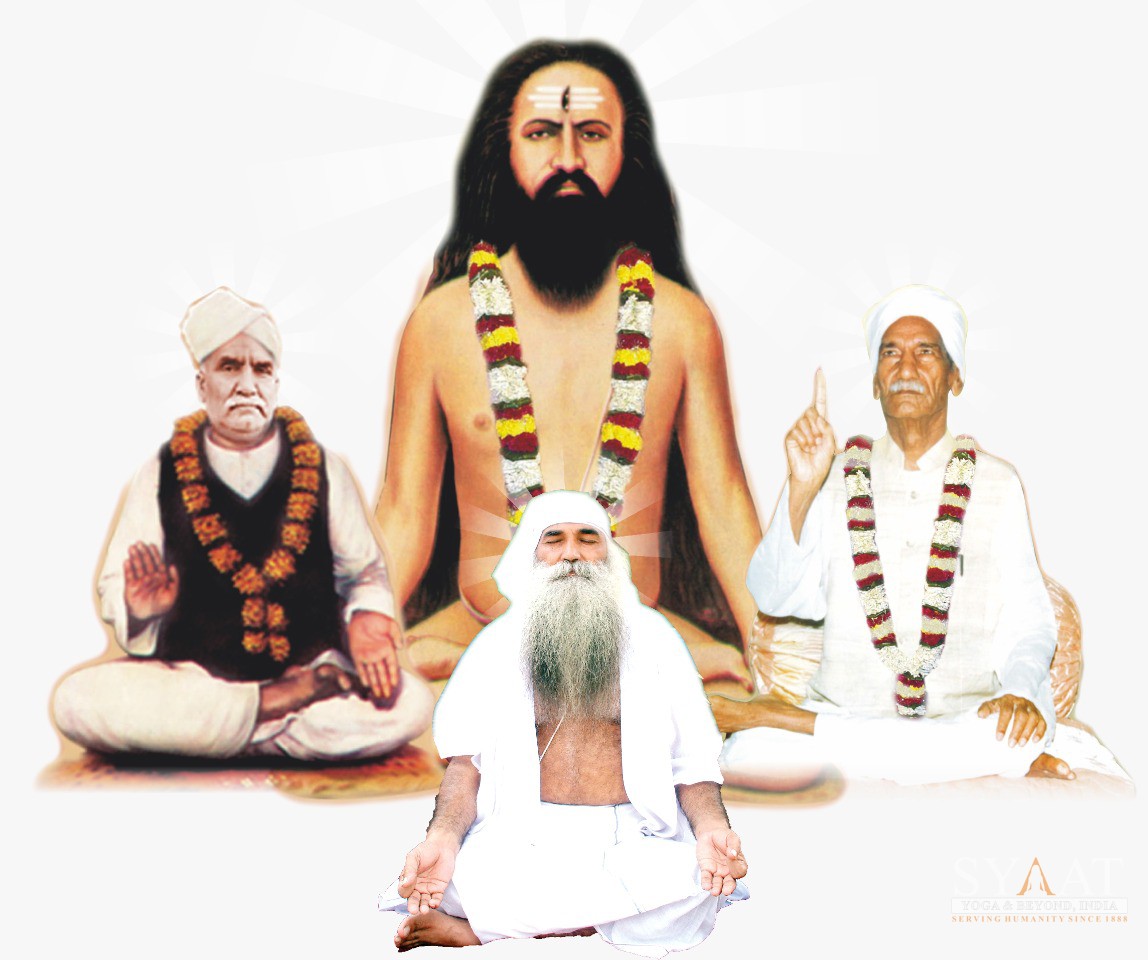Jnana Yog
JNANA YOG – THE YOG OF KNOWLEDGE OR WISDOM
This is the most difficult path, requiring tremendous strength of will and intellect. Taking the philosophy of Vedanta the Jnana Yogi uses his mind to inquire into its own nature. We perceive the space inside and outside a glass as different, just as we see ourselves as separate from God. Jnana Yog leads the devotee to experience his unity with God directly by breaking the glass, dissolving the veils of ignorance. Before practicing Jnana Yog, the aspirant needs to have integrated the lessons of the other yogic paths – for without selflessness and love of God, strength of body and mind, the search for self-realization can become mere idle speculation.
VEDANTA
Vedanta is that philosophy which comes from the sacred scriptures called The Upanishads. The Upanishads are the final part of the ancient texts known as the Vedas.
Veda means knowledge and Anta means end. Therefore Vedanta is said to be the philosophy which leads to the end of knowledge and too from the ending part of the Vedas.
THREE TYPES OF VEDANTA
Three main schools of Vedanta emerged: Dvaita – the dualistic approach, Advaita – the non-dualistic approach and Kevala Advaita – the pure non-dualistic school. The main exponent of Vedanta was the great sage Adi Sankara who was an adept of the Kevala Advaita Vedanta path.
ADI SANKARA AND KEVALA ADVAITA VEDANTA
Sri Sankaracharya summarized the essence of Vedantic teachings into three concise sentences. These are:
“Brahma Satyam. Jagat Mithya. Jivo Brahmaiva Na Parah.” These can be translated in English as follows:
God only is real. The world is unreal. The individual is none other than God.
VEDANTA AND JNANA YOG
The beauty of Vedanta is that it transcends dry philosophy and mere intellectual concept. Vedanta is an actual life experience, a philosophy in practice. This practice includes the many techniques of Jnana Yog (The Yog of will and intellect).










